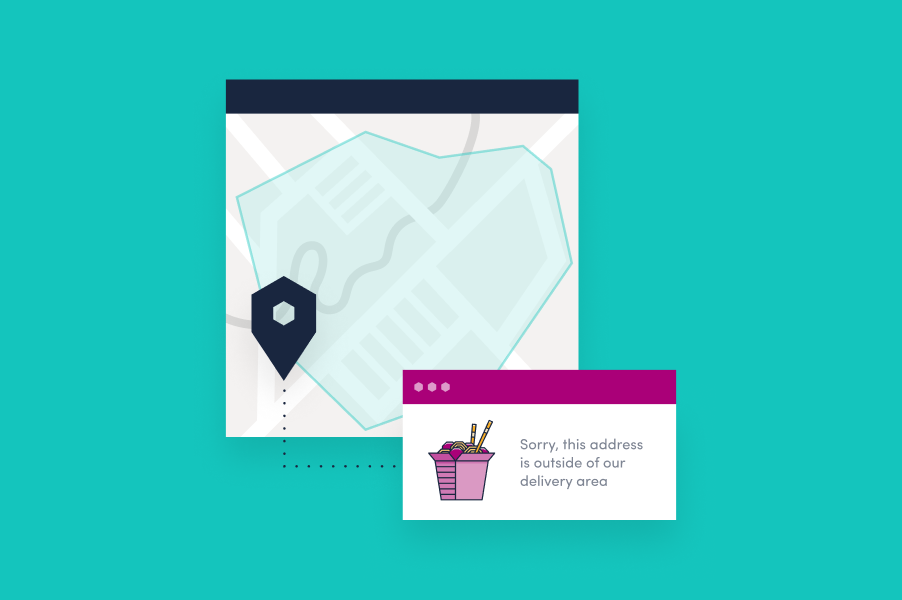How does results filtering improve address capture?

So, with filtering necessary to generate functional results for the user, the next question is how to properly filter addresses. Address capture solutions such as Loqate’s allow companies to accept or restrict addresses based on several parameters, enabling the results to fit accordingly with regional prerequisites or internal procedures.
As such, companies can restrict or tailor the addresses presented to a customer based on their location. A few filters used by Loqate’s address capture solution are as follows:
- Language code
- Administrative area
- Localities
- Postal code
Further to this, some addresses can be included or excluded depending on the address itself, with the solution being able to factor in:
- Roads, pathways and thoroughfares
- Buildings and sub-buildings
- Organisations
- Departments
Addresses can also be filtered by address type based on whether they are commercial or residential, depending on whether the customer base is primarily B2B or B2C.
What are the benefits of results filtering?
Companies can exclude addresses that incur different delivery charges - for example, a company in the US may wish to deliver to just the lower 48 states and apply a surcharge for deliveries to Alaska and Hawaii. Apply a filter such as this would be beneficial as it would significantly reduce the number of customer service enquiries and allow the company to be more upfront about its costs to customers.
Furthermore, a company may wish to include a location outside its delivery radius (e.g. a university residential campus) if it is profitable than other addresses in the area.
What is geofencing?
If a company wants to restrict or include addresses based on a bespoke region of their choosing, they can use a process known as geofencing. The process is a type of results filtering that allows a company to draw a polygon on a map within which search results are included or excluded. Geofencing works by incorporating latitude and longitude coordinates to define the desired area. Such a feature is beneficial for companies with a limited delivery radius or applies a surcharge for deliveries outside an area, as it allows them to draw up an area of their choosing.
What are the benefits of geofencing?
The added benefit of geofencing is that a company can draw the polygon to account for variances that might not be considered if choosing an area based purely on distance from a delivery hub (e.g., a series of addresses which are just outside the delivery limit, but which are easy to access due to a motorway/highway).
Furthermore, by defining areas that can or cannot receive certain services or products, a company can reduce support calls relating to issues, such as shipping restrictions. From this, companies can also build superior customer experiences by considering the information requested by customers and determining whether or not they are in a serviceable location.
Mountain Warehouse is just one of our clients reaping the benefits of results filtering. With customers spread across multiple territories, our solution means that only relevant addresses get presented to customers when searching for an address.
Ed Whatmore, Head of eCommerce at Mountain Warehouse, said:
“...it is really important that we are able to provide a great customer experience, no matter where our customers are based. Global addressing is a complex matter due to the fact that there are so many different languages, address formats and accents around the world...Loqate helps us do this by allowing shoppers to search for and enter their address quickly and easily."
Want to hear more about how you could benefit from filtering your address capture results? Talk with us today about how we can improve your business!